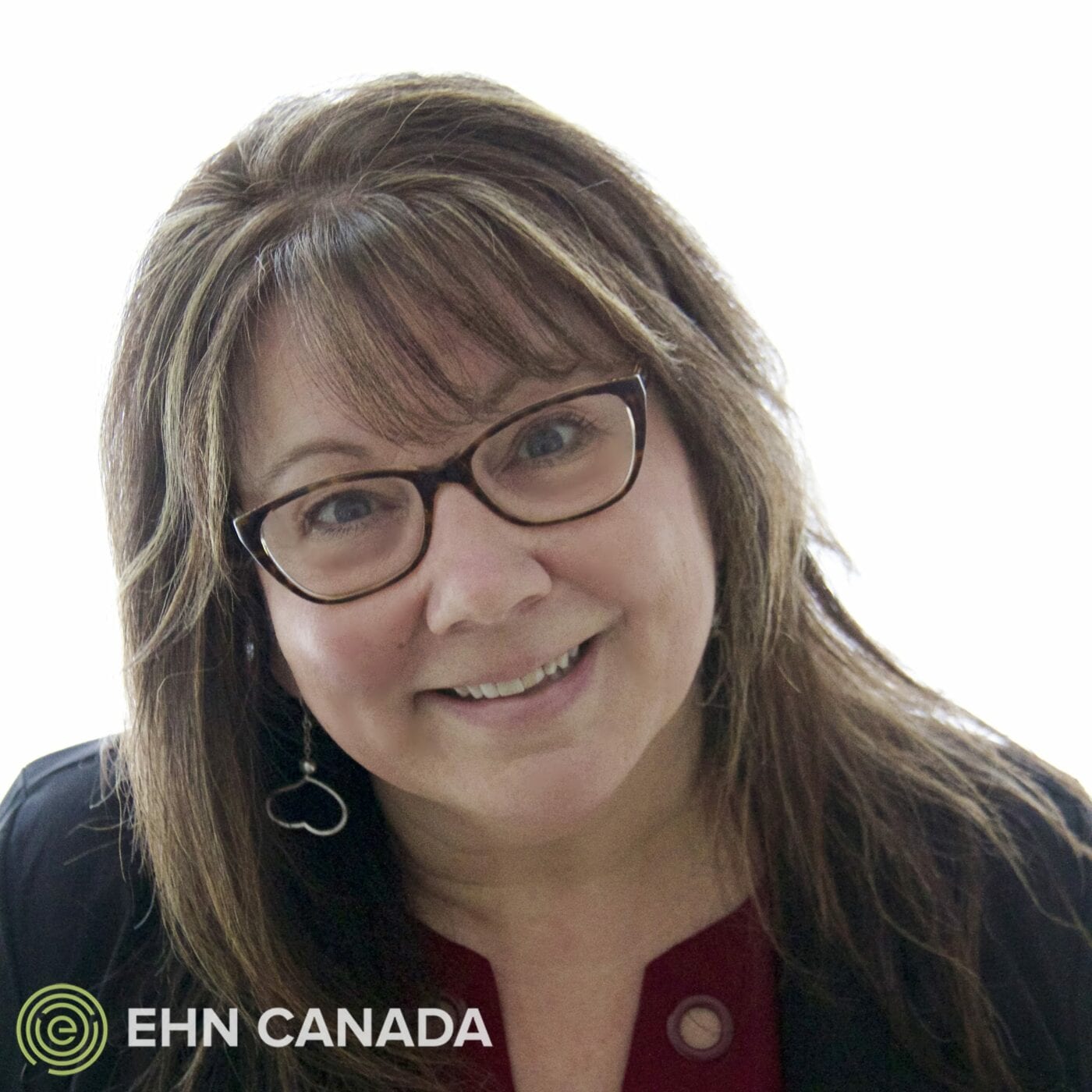Opinion by EHN Guest Writer
Written by Lorelie Rozzano, an internationally recognized author and advocate.
I was a skinny, wild-eyed mess trying to find a way out of all the problems I had created. I’d spent so many years blaming everyone else for my addiction—when I had an epiphany. The most destructive force in my life wasn’t my parents, spouse, or boss—it was me! I had crossed every line I’d ever told myself I wouldn’t cross. My kids didn’t want anything to do with me. My parents weren’t speaking to me. My friends weren’t my biggest fans either.
Facing homelessness, I couldn’t believe it—how had everything gone so wrong? As a child, I was full of life. I liked drawing, reading, and music. I loved all creatures big and small. Growing up, I thought I would become a nurse or a veterinarian.
I Had so Many Dreams—Being Addicted Wasn’t One of Them
Why couldn’t I be like other people? My friends drank the same alcohol I did. They smoked the same weed, and some even snorted the same white powder. In the beginning, it was all such fun. But when getting high stopped being fun, my friends quit using, and I moved on to a darker crowd. While my peers went on to build healthy lifestyles around their families and careers, I spiraled downwards, putting drugs and alcohol before everything else.
I trusted my own thinking, which was a mistake. Addiction lied to me in my own voice. I was losing the battle and was too ashamed to ask for help. Luckily, I had family and friends who saw my decline and stopped enabling me. When I couldn’t make the life-saving decision to get help—they did it for me. My father offered to send me to EHN Edgewood Nanaimo, BC. I was out of options: I had lost another job, I was broke, and my partner had given me an ultimatum—if I didn’t go to Edgewood, he would leave me for good.
All Doors Were Closed to Me—Except Rehab
The day that I entered Edgewood, I thought my life was over—at least the fun parts. As I walked through the front doors, I was so afraid. But you would never know it. I plastered a false smile on my face and told everyone what I thought they wanted to hear. I downplayed my using and blamed my family for blowing things up way out of proportion.
But, no one was buying my act—incredible! For the first time, I couldn’t manipulate my surroundings. When manipulation stops, healing begins. In group therapy, my mask came off. For the first time in my life, I let people see me. I showed them my shame and the awful things that I’d done. I shared my thoughts and feelings with them. I got it all out. Nobody judged me. Nobody pointed fingers at me. Nobody laughed at me. And then I heard the two words that changed everything: “Me too.”
I found my silver lining
In rehab, I met my people. They understood me like no one else did, because they had walked in my shoes. I used to think that drug rehab was like a prison, a form of punishment where bad people did their time and got out on good behaviour. But it turns out rehab isn’t a prison or a punishment. Nor is it about bad people turning into good people.
Treatment is about normal people getting better
Entering Edgewood, I knew rehab was about quitting drugs and alcohol. But substances were only small parts of my problem. My bigger problem was me, the way I thought and felt about myself and how I functioned in life. Residential treatment gave me the glasses I needed to see addiction from every angle. Cognitive behavioural therapy taught me how to remove my magical thinking cap and replace it with critical tools like honesty, self-worth, hard work, and helping others.
In treatment, my counsellor gave me an envelope and a piece of paper. She asked me to write down where I hoped to be in one year. Having just completed detox and still filled with shame, I couldn’t imagine a bright, happy world in my future. My requests were few. I hoped that my children would be proud of me, and that I would have a home for them. I hoped that my parents would be speaking to me again and that my partner and I would be together. My counsellor read my words and urged me to “dream bigger.”
My counsellor was right. One year later, my family and I were closer than we had ever been before, my kids trusted me again, and I was back in school. Sitting in treatment that day, I never imagined that I would find purpose in my suffering, or that I would go on to help hundreds of people just like me. I didn’t know I would work at Edgewood or write the Jagged series—books on addiction and recovery.
Recovery Gave Me Everything Which I Had Hoped to Find in Drugs and Alcohol
During my time at Edgewood, I peeled back the painful layers of my past. I emerged from the experience wiser and stronger than I was before. No one wakes up one day and says, “I’m going to be an addict”—but there is one choice addicted people make, and that’s how long they stay addicted.
Addiction Is Not a Choice—but Recovery Is!
If you’re considering getting treatment, know this: it’s the best decision you’ll ever make for yourself and your family. On May 30th of 2019, I celebrated my 22nd year of continuous recovery. I will remain forever grateful to Edgewood for the new start that they gave me and for their precious gift to me—a life that I love and from which I don’t feel the need to escape.
About Lorelie
Internationally recognized author, Lorelie Rozzano, is a writer, blogger and recovery advocate who works in the field of mental health and addiction, helping individuals and their families recover from substance use disorders. As a daughter, mother, wife, in recovery, she offers insight into the world of chemical dependency. Lorelie has given thousands of people the perspective that they need to see addiction from every angle. She has written several books on the topic, including “Gracie’s Secret,” “Jagged Little Edges,” “Jagged Little Lies,” and “Jagged No More.”
We Can Help You
If you would like to learn more about the treatment programs provided by EHN Canada, enrol yourself in one of our programs, or refer someone else, please call us at one of our numbers. Our phone lines are open 24/7—so you can call us anytime.




